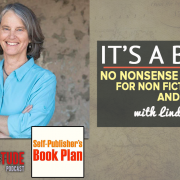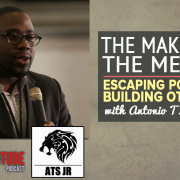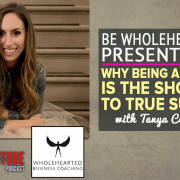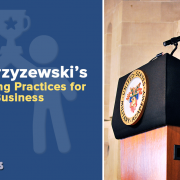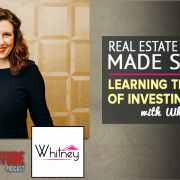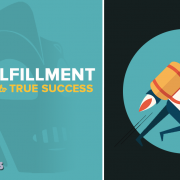AoL 157: It’s a Book! No Nonsense Strategies for Non Fiction Writing and Publishing with Lindsay Whiting
People get involved in non fiction writing for a number of reasons. In the thought leader space, the number one reason books are created is for their ability to be a lead generator. Many times, they’ll be at the front of a sales funnel that leads to higher and higher priced products such as courses and live events.
However, sometimes the book is the end message. And for me, before I got into the content production world, I always thought that was point of a book. The point was to actually increase the awareness of your readers. The book was the end… not the means to an end.
But, as a good authorpreneur knows, you can have the best of both if you really care to make the effort. You can create something of value while at the same time using it as a tool to grow your business.
This session’s guest, Lindsay Whiting, is all about helping writers do just that. She finds joy in helping new writers write a good book while at the same time helping them navigate the publishing waters.
If writing a valuable non fiction book is something you’ve wanted to do and your goal isn’t to just be an Amazon Best Seller, then you’ll get a lot out of this interview.
Enjoy!
SPECIFICALLY, YOU’LL FIND OUT MORE ABOUT:
- Where’d Lindsay get her start in literary and publishing work? 6:31
- What inspired her to start her first business? 15:14
- How did she get the idea to become interested in the idea to help others with their book writing process? 20:30
- What does she feel are the most common mistakes that authors make when they’re entering the publishing space? 28:30
- What is Lindsay excited for in the not too distant future? 47:31
- What are her top favorite books that she gifts or tells others about? 51:51
- Is there a specific gift does she like giving others? 52:51
- What would she like to see popular still today? 53:39
- What’s something that every high school student must know? 53:55
- How can someone be a difference maker in their community? 55:00
ITEMS and PEOPLE MENTIONED IN THIS EPISODE:
- Lindsay Online: Website, Facebook, LinkedIn
- Cohost: Veronica Kirin
- Session Sponsor: Fizzle – Start Making an Income based on Your Expertise!
- Living Into Art: Journeys Through Collage
- Self Publisher’s Book Plan
- The Awakened Woman
- Biology of Belief
- What is Epigenetics?
Right click here and save-as to download this episode to your computer.
SHOW NOTE EXTRAS:
Lindsay on Selecting a Good Book Designer:
Lindsay on Finding Book Models for Your Book
Veronica’s TEDx Talk
Stories of Elders: The Documentary
Thanks for Listening!
Thanks so much for joining us again this week. Have some feedback you’d like to share? Leave a note in the comment section below!
If you enjoyed this episode, please share it using the social media buttons you see at the top of the post.
Also, please leave an honest review for The AoL Podcast on iTunes! Ratings and reviews are extremely helpful and greatly appreciated! They do matter in the rankings of the show, and we read each and every one of them.
If you have any questions feel free to email them over via the email mentioned in the show or by our contact form.
And finally, don’t forget to subscribe to the show on Castbox, iTunes, Stitcher, PodBean, and/or Google Play Music. It’s absolutely free to do so.
A huge thank-you to you guys for joining us!
Cheers!

